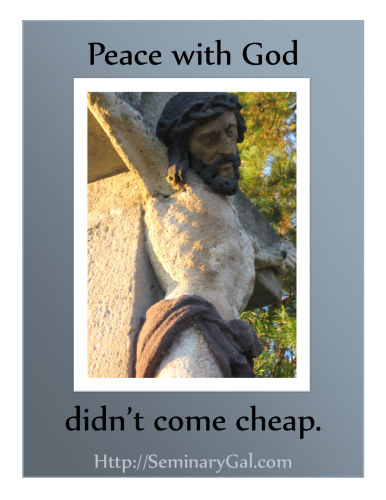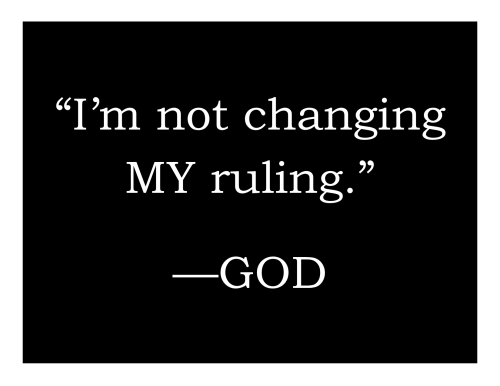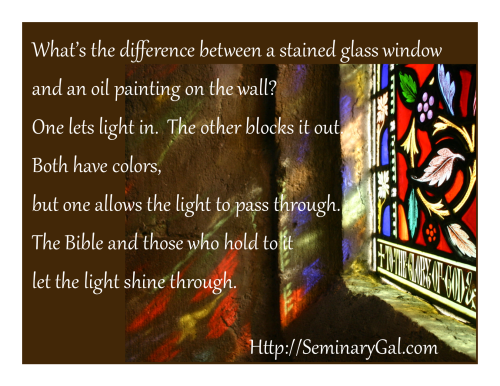Secure the borders! That’s what so many people are talking about. I am conflicted about this. Does the Bible ask us to secure the borders?
Most Americans like keeping evildoers out of the country, establishing distance between us and terrorists, for example. Most Americans probably cherish the idea of sharing freedom with the good people who want freedom and come to us for that reason, especially when there is no freedom in the country they’re fleeing. Most Americans appreciate migrant workers who do the important work in the fields of the USA–work that many US citizens would refuse to do.
The question becomes “Will secure borders keep evildoers out and share freedom only with good people?”
Here’s a corollary question: Does building prisons for evildoers and lawbreakers increase the safety of the population at large?
I submit to you that it’s only to the extent we use the prisons for keeping all the evildoers locked up. Yet plenty of criminals roam free because law enforcement has a monumental task and our judicial system is bogged down and often flaky in the decisions rendered. Someone needs to determine who the evildoers are and someone needs to define lawlessness and evil. Are Congress, the Department of Justice, and the US judicial system really designed to do this in an age of relative truth? Can an activist court overturn what the people say in direct votes, what Congress legislates, and what former Presidents sign? This week should tell us “Yes, the Court can” and without really consulting the US Constitution above personal politics.
 Secure the borders never means a moral fence which is what the Bible advocates.
Secure the borders never means a moral fence which is what the Bible advocates.
Borders are morality neutral: A mere fence or a prison keeps those inside in and those outside out irrespective of biblical moral judgments. Without morality, a fence imprisons. The Berlin Wall and the Holocaust teach us that.
In the course of history, have prisons been used by evildoers to lock up political enemies?
One doesn’t have to look too far back in history to see that Nazi Germany, the Soviet Union, Communist China, and Iran locked up people whose greatest crime was disagreeing with the status quo or who held to different religious or political ideas. One doesn’t need to go overseas to see that who goes to prison is tied directly to who judges what constitutes a crime. Yanira Maldonados could tell you that in Mexico, you’re guilty until proven innocent. Jon Hammar could tell you the same thing. Edward Snowden is a flawed hero to some and an evil mastermind of treason to others. Will he get a medal of commendation or a death sentence? Who will judge him? And on what basis when–and if–he returns?
Whether we clamor for secure borders or open borders, we still have a morality problem.
Maybe instead of looking for blanket amnesty or blanket deportation, we ought to be looking for who, among the illegal aliens, has a moral core. Let them have work visas and pursue citizenship like anyone else if they even want to become a US citizen. Or let them work here seasonally on a visa. But for those intent upon doing evil, deportation is in order. Keep evildoers out. That is the goal of those who want to secure the borders.
So I’m conflicted. I’d never advocate letting all the prisoners go free from maximum security prisons because one among them may be wrongly convicted. What may be necessary for the one unjustly held is not appropriate for all. Nor would I advocate locking all of us up to have security so that those in charge can monitor who should remain locked up and who can be paroled with a surge of patrol officers to watch us all with surveillance and drones.
Illegal aliens are not all the same. Some are good-hearted, hard-working family types. Some are evildoers. If they are not the same morally, why are we looking to treat them with a one-size-fits-all approach that ignores the very issue which concerns us all (including Hispanic citizens of the US)?
Evildoers exist within and without. Should we secure the borders or commit instead to prosecuting all evildoers and insist upon valid visas for everyone who needs a visa? Borders and fences are morality neutral. Therefore, the danger when we secure the borders, as those in the former East Berlin could tell you, is that when enforced by evildoers the same secure borders that kept people out…can now keep people longing for the freedom outside…from escaping the bondage inside.
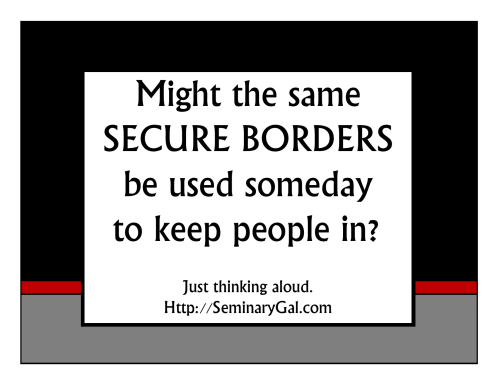


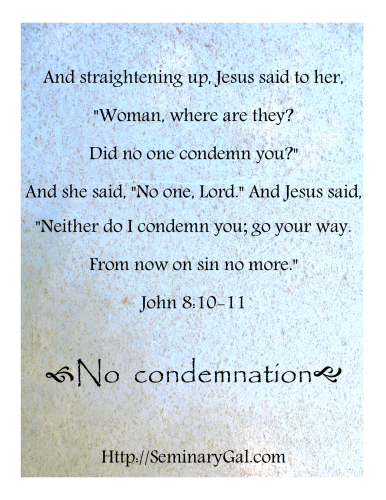

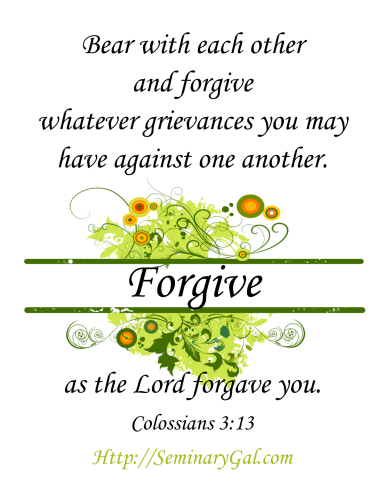
 Secure the borders never means a
Secure the borders never means a

